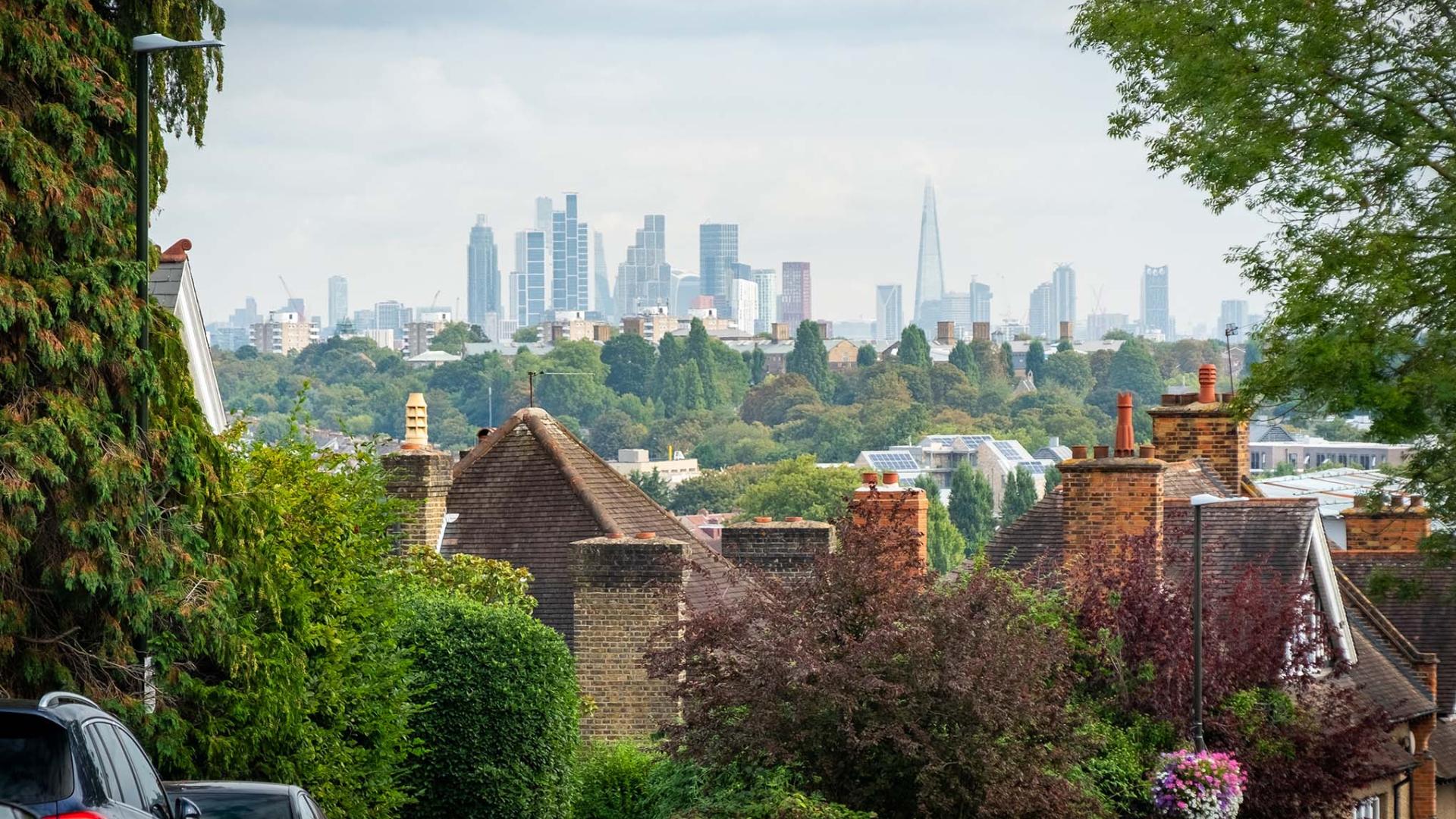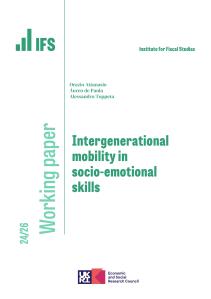It’s become an annual ritual. The chancellor is preparing his autumn statement. Cue lots of speculation in the media about whether welfare benefits will be increased by less than inflation, pressure from backbenchers to cut tax and rumours that inheritance tax will be cut or even abolished.
Such speculation always feels odd. If you want to cut spending, do you really want to cut the incomes of millions of the country’s poorest citizens in the wake of a cost of living crisis? And, if you want to cut tax, can it really be the case that enhancing the inheritances of the well-heeled and middle-aged is the best route to go?
The answer to the latter question has got to be “no”. There are dozens of tax cuts that would be some combination of more equitable and better designed to promote economic efficiency and growth. We are in the middle of a record-breaking increase in the tax burden on income and earnings. Effective tax rates on wealth have been falling for decades. A cut in the tax on inherited wealth looks particularly ill-timed.
Still, let’s take the apparently increasingly well-informed speculation at face value and have a look at inheritance tax. It raises a relatively paltry £7 billion a year. Only about 4 per cent of deaths in 2020-21 resulted in any inheritance tax being paid. About half the total is paid by the 1 per cent of estates valued at more than £2 million. Nevertheless, because wealth is increasing, we can expect it to bite more over the next decade, perhaps doubling revenues and almost doubling the number of estates affected.
The formal threshold above which the tax becomes payable is £325,000, but there is an extra “residence nil-rate band” of £175,000, bringing the effective allowance for most owner-occupiers to £500,000 before the 40 per cent tax rate kicks in. If unused, these allowances can be transferred to the surviving spouse on the death of the first member of a couple. Hence for many couples the effective tax-free allowance is £1 million.
As you’d expect, the beneficiaries of bequests big enough for inheritance tax to be paid are much more likely themselves to have high earnings and high levels of wealth than the average: those from better-off backgrounds earn more and accumulate more wealth even before they benefit from any inheritance.
Inheritance tax might not be a particularly big deal yet, but inheritances are a big deal; at least they are if you have reasonably wealthy parents. For those with parents in the top fifth of the wealth distribution, inheritances will average something like 17 per cent of total lifetime income for those born in the 1960s, rising to almost 30 per cent for those born in the 1980s. That’s a lot: more than a decade of typical full-time earnings. If the annual flow of non-spousal inheritances next year was equally shared across every 25-year-old, they would each receive about £120,000. In fact, most recipients of an inheritance are in their fifties or older. Inheritance can often provide a nice bonus for an earlier or more comfortable retirement.
So far, so straightforward, but of course things are not that simple, not by a long chalk. One reason to favour a reduction, or even abolition, of inheritance tax is that it doesn’t actually achieve what you might think it is there to achieve. The actual rate paid by the biggest estates is considerably lower than that paid by more modest estates. A whole range of allowances and exemptions mean that those with estates worth £3 million to £5 million pay an inheritance tax rate of only about 25 per cent and this falls to 17 per cent for estates worth over £10 million.
Reliefs for agricultural and business assets and certain classes of shares, plus the exemption of pension pots from inheritance tax, open up very easy channels to avoid the tax. If you have money that’s not tied up in the family home, avoiding inheritance tax is as easy as falling off a log. Defined-contribution pension pots can be used as vehicles for avoiding it. Ridiculous, outrageous, but true. Or you simply buy shares listed on Aim. Live for two years and, hey presto, no inheritance tax. It remains as true today as when John Kay wrote in the 1980s that inheritance tax was essentially voluntary for the healthy, wealthy and well advised.
All that actually offers quite an opportunity for a chancellor who wants to cut headline rates of tax and to be remembered as a tax reformer. As my colleagues Arun Advani and David Sturrock have shown, simply capping reliefs for business and agricultural assets at a still-generous £500,000 and bringing pension pots into the scope of inheritance tax would allow him to cut the rate to 30 per cent on estates up to £2 million at essentially no cost. This would make the system both more equitable and more efficient, and comes for free.
Few other countries that try to run an inheritance tax system have the unlimited exemptions that we provide to a few of the extremely wealthy. That’s the way to pay for a cut in the headline rate of inheritance tax, not a cut to the benefits of the poorest.
But a word of caution to those who see this tax as an important engine for social mobility and equity. It is simply too small to have more than a modest effect. The inheritance tax system reduces the gap in net inheritance between those with the most and least wealthy parents by only a tenth. If your parents are poor, you will inherit very little, irrespective of the tax system; even at present levels of inheritance tax, if your parents are rich, you will get plenty.
This article was first published in The Times, and is reproduced here with kind permission.









